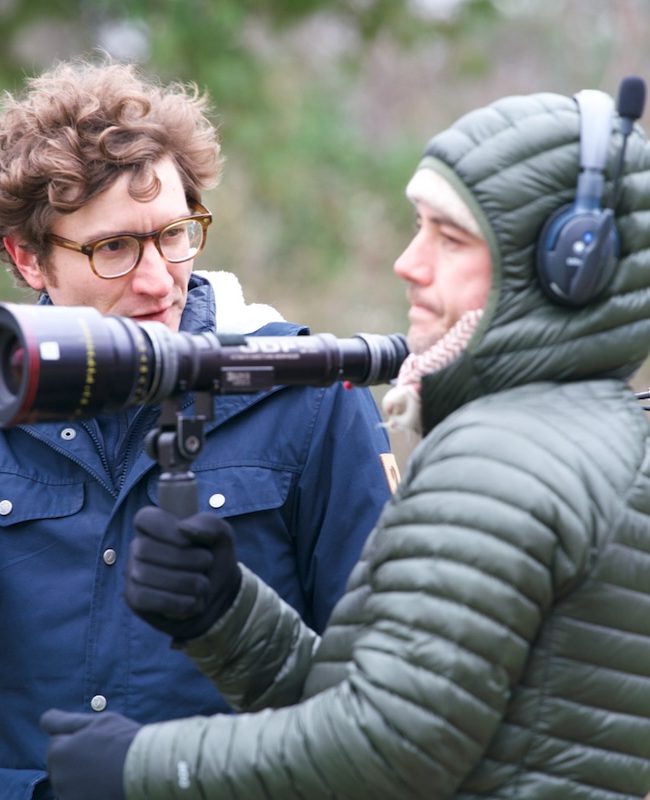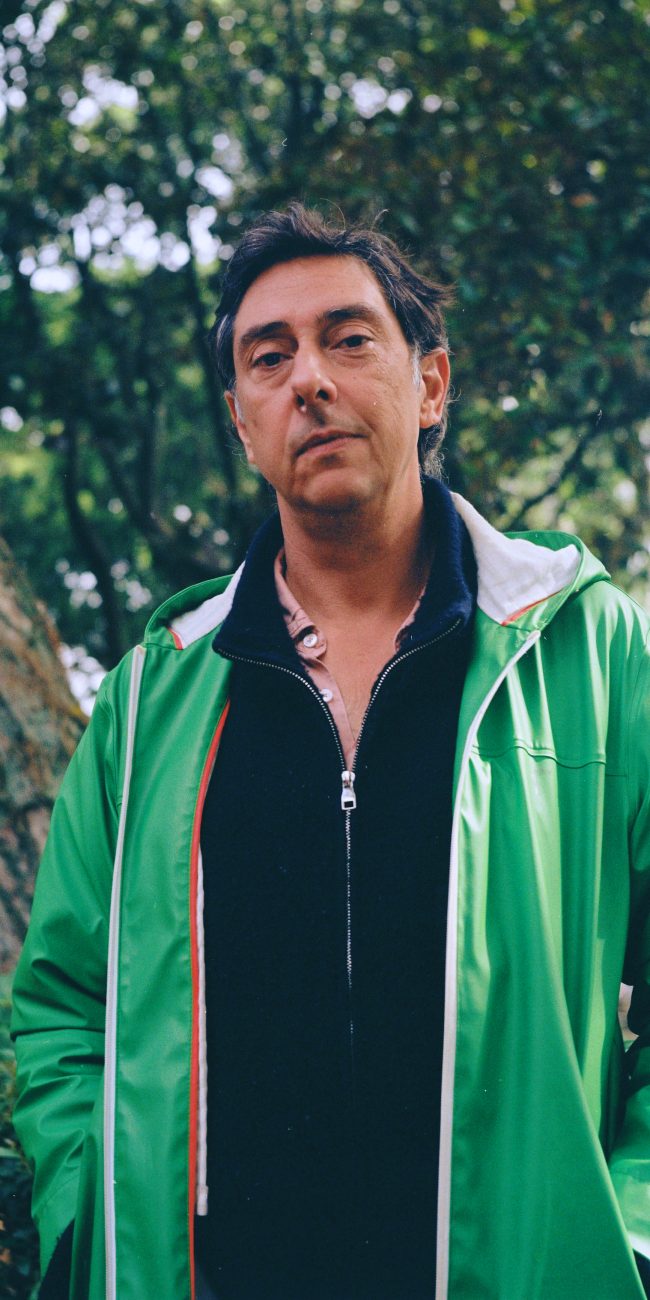
(Check out Savina Petkova’s Die, My Lovemovie review. The film just had its premiere at the Cannes Film Festival. Seen it? Join the conversation with HtN on our Letterboxd Page.)
Eight whole years after You Were Never Really Here shook Cannes, the provocatively titled Die, My Love lures us into a mad world oozing with a love that’s poison. Scottish director Lynne Ramsay’s film takes a chronological approach to adapting Argentinian writer Ariana Harwicz’s novel of the same name and as a preparatory gesture, she lets us in on the love’s beginnings.
Grace (Jennifer Lawrence) and Jackson (Robert Pattinson) walk into an old empty house: thanks to a single static take we see three rooms at once, as the deep staging allows our eyes to register the decrepit state of walls, furniture, and life.
Straight away, a whirlwind timelapse sequence uses the kitchen as a backdrop to introduce the couple through humorous and erotic compatibility – like kids, they wrestle and like adults in love, they fuck on the floor, an instant chemical explosion in every touch shared. Next thing you know, Grace is pregnant and then she towers over a cake for the baby’s half birthday, while Jackson strides onto the porch in an open robe, swinging a bottle of Budweiser. There are notably no friends or family visits, no neighbors nearby, except for Jackson’s widowed mother Pam (Sissy Spacek) – the two are an island of their own. Except for when the man of the house goes to work, then Grace is left alone long into the night.
Such a set-up is enough to drive anyone crazy, let alone a young mother, isolated and angered by the writers’ block bringing her career to a standstill. In the book by Harwicz, a stream of consciousness narration is what it takes for the protagonist to exorcize her demons, but Ramsay prefers to translate her uncompromising and at times internationally vile use of language on screen through Lawrence’s powerhouse of a performance. The closest comparison would be her role in Mother! with regards to physical and psychological demands, but in many ways, she even surpasses the expectations of that role with a feverish, ever-escalating version of a woman under the influence. A mother, a wife, but most of all, a woman betrayed by the good life promised to her.
Oscar nominated cinematographer Seamus McGarvey is responsible for capturing some of the most gorgeously disturbing scenes of violence and psychological excess with unflinching bravery. Close-ups, handheld camera, and most of all, the repetitive use of shallow focus with swift camera movements completely sink the viewer into Gracey’s deteriorating psychological state to a terrifying effect: you are afraid of her and for her at the same time. To make sure one’s never too relaxed while watching, composer Ben Frost (Dark) shrouds the film in unnerving sounds, both natural and artificial, with the soundtrack on full blast.
Die, My Love was certainly one of the most awaited films at this year’s Cannes, especially since it was a late addition to the line-up, but it’s no surprise its darkness has divided audiences. It’s a film so insisting, so compelling in a masochistic way, that you’re bound to either love it or hate it. But if you know Lynne Ramsay’s work, you’d also know she’s never played it safe, nor have her characters. When it comes to love, losing everything is the only way to win.
– Savina Petkova (@SavinaPetkova)
2025 Cannes Film Festival; Lynne Ramsayr; Die, My Love











